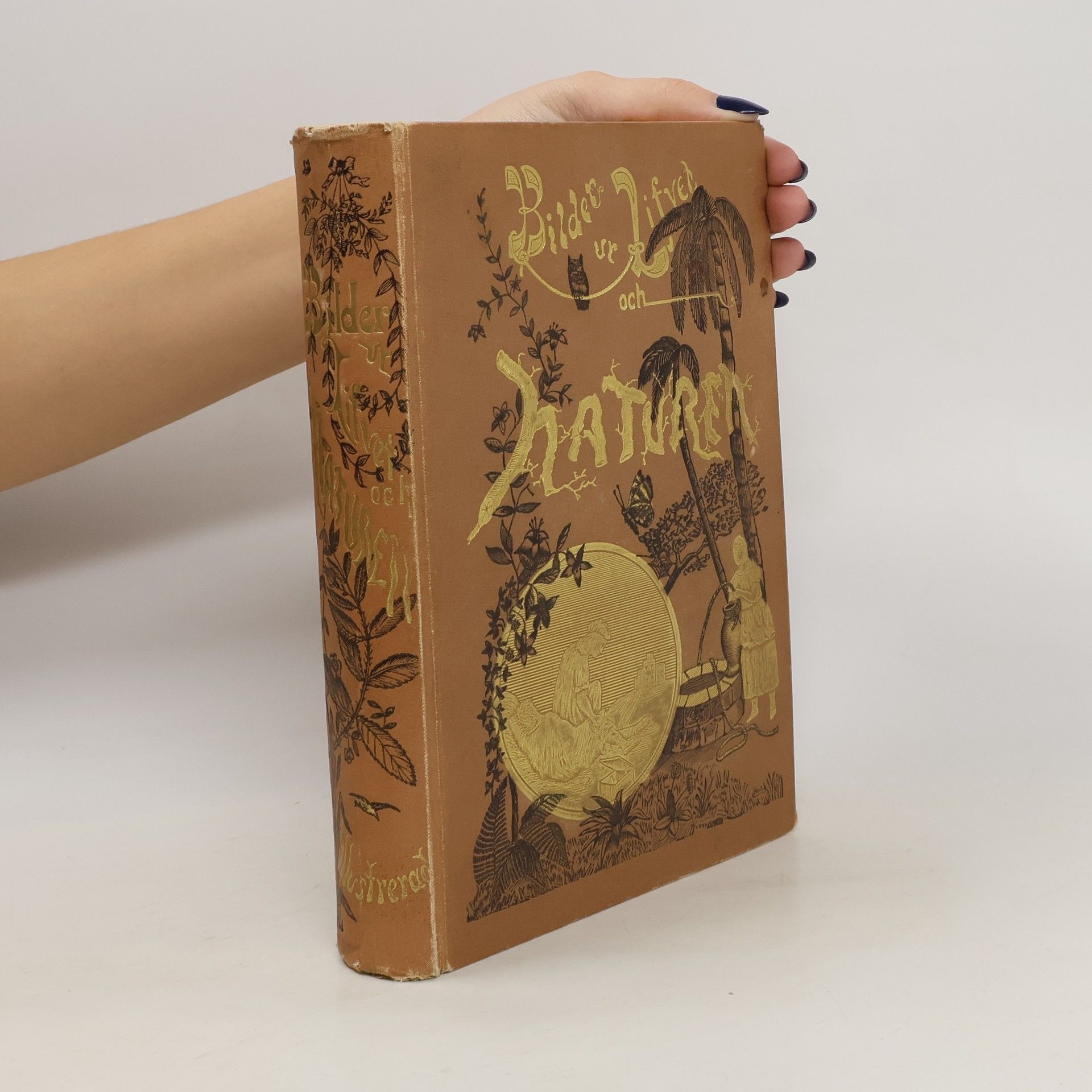John Harvey Kellogg Livres
John Harvey Kellogg, M.D., était un médecin américain connu pour son travail pionnier en matière de nutrition, d'invention et de promotion de la santé. En tant que directeur du Battle Creek Sanitarium, il a créé une institution qui combinait les traditions des spas européens avec l'hydrothérapie, les soins hospitaliers et l'hospitalité haut de gamme. Kellogg a servi une clientèle diversifiée, traitant aussi bien les riches que les moins fortunés, élargissant ainsi l'accès aux pratiques de santé avancées. Son approche holistique a considérablement influencé les perspectives modernes sur l'alimentation et le bien-être.
